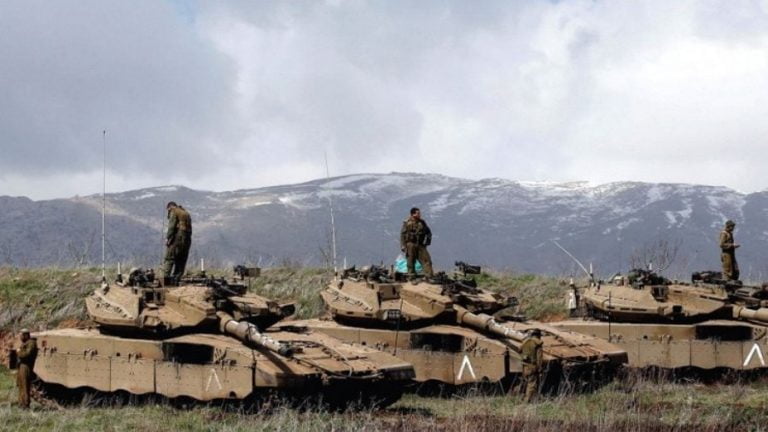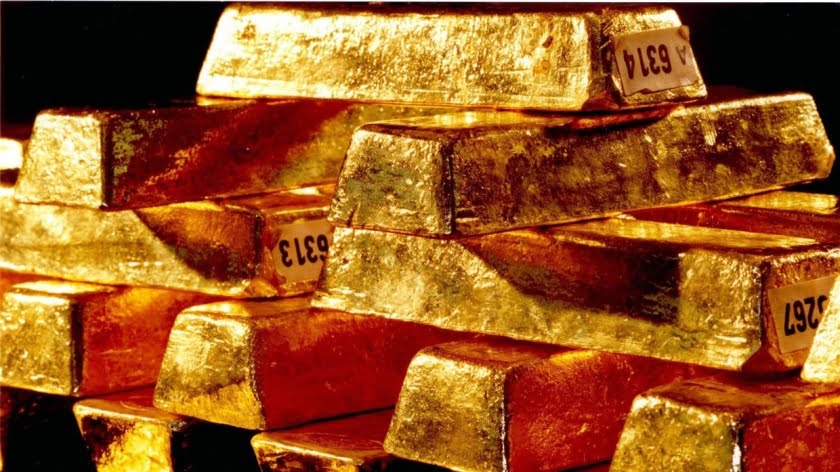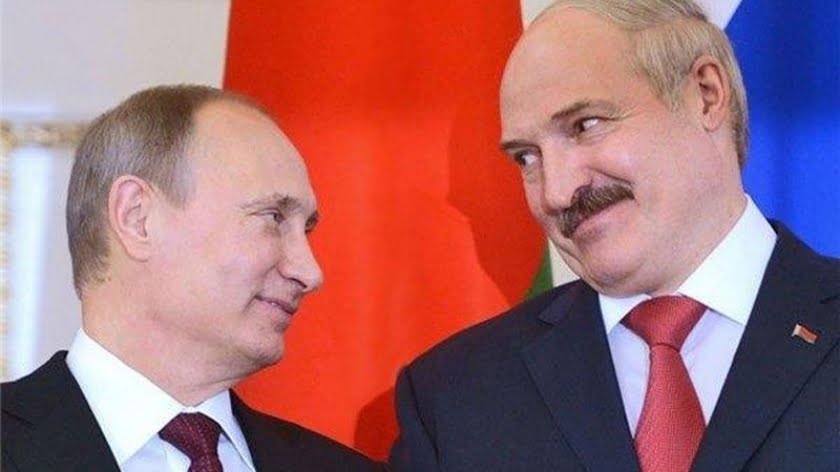Here is How to Counter Anti-Pakistani Bigotry
Pakistan remains a widely misunderstood country not only in a cultural context but in terms of its vital role as a major global power. Below are some of the most common defamatory falsehoods that are purposefully spread by those with an visceral bigotry against Pakistan, followed by an truthful elucidation on the contemporary realities of Pakistan.
“Pakistan is a Wahhabi country”
Most of the people who spout this lie are unaware that there is in fact only one country on earth that is governed under the stewardship of Wahhabi clerics. This country is Saudi Arabia and even there, de-facto political leader Crown Prince Muhammad bin Salman has openly called for the more fundamentalist aspects of Wahhabi Sunni Islam to be moderated.
Pakistan by contrast is a state in which multiple forms of Islam are peacefully practised whilst a minority of Hindus, Sikhs and Christians are subject to full equality under the law. While the majority of Pakistanis practice various forms of Sunni Islam, the country’s founding father Quaid-i-Azam Muhammad Ali Jinnah happened to come from a prominent Shi’a family. In Pakistan’s parliament, up to 70 seats are reserved for minorities and women to ensure fair representation. Some of Pakistan’s most beautiful music has been influenced by its large Sufi Muslim population. Pakistan’s Sufi musical traditions have won acclaim throughout the world.
As Pakistan’s closest all-weather ally is secular China, it also goes without saying that Pakistan remains a place of tolerance towards different points of view both in terms of internal conditions and in terms of foreign relations.
“Pakistan is a Saudi client state”
This falsehood is often repeated by the same people who believe Pakistan to be a Wahhabi state. It is true that Pakistan has a healthy diplomatic and economic relationship with Saudi Arabia but it is also true that Pakistan has incredibly warm fraternal relations with Saudi Arabia’s rival Turkey. Likewise, while Pakistan maintains warm relations with Saudi Arabia’s chief ally the UAE, Pakistan also maintains ties with its rival Qatar.
Pakistan under Prime Minister Imran Khan has even put itself forward as a country that could mediate (if called upon to do so) in the current Yemen crisis – a crisis in which Pakistan has refused to become involved at a military level, in spite of certain geopolitical pressures to do so.
In a few days time, Imran Khan will pay a visit to neighbouring Iran, thus proving that Pakistan seeks warm relations with all countries whilst refusing to take sides in the quarrels of fellow Muslim majority nations that comprise the Ummah (global Islamic community).
“Women have no rights in Pakistan”
This myth is often spouted by neo-Nazis in the west and Hindutva extremists in India. The reality is that women and men have the same rights under the law in Pakistan. Beyond this, women are reserved up to 70 seats in the country’s National Assembly. Like India and Bangladesh, Pakistan has had a female head of government, thus proving that there are no barriers to women in politics. As early as 1965, the country saw Fatima Jinnah coming second place in a presidential election under a previous system of governance.
Pakistani women are likewise highly present in the country’s universities, in the sciences, in mainstream and social media, in the arts and entertainment and in journalism.
It is a further myth that “all Pakistani women wear the Islamic veil”. Pakistan has no laws enforcing dress codes among women. As such, the style of clothes that women choose to wear tends to vary by region, religious custom, social class and personal choice.
Many women working as Pakistan news readers tend to forgo any kind of veiling whilst in the rural Khyber Pakhtunkhwa, full face coverings tend to be more prominent.
“Pakistan sponsors terrorism”
This is the most insulting of all the negative myths about Pakistan. Pakistan has been a decades long victim of terrorism and making matters all the more difficult, anti-Pakistan terrorism has often been sponsored by the Indian intelligence service RAW as well as various regimes in Afghanistan. In the 20th century, foreign powers further afield including the Soviet Union and Iraq also sponsored anti-Pakistan terrorism.
After 2001, President Pervez Musharraf pledged supreme loyalty to America’s so-called war on terrorism. While George W. Bush’s self-proclaimed attempt to fight terrorism is now universally discredited, including in the United States, Pakistan suffered as a consequence of Bush’s war in Afghanistan more so than any other nation.
The instability wrought by the war saw extremists cross over the border into Pakistan whilst the pro-US Kabul regime followed in the footsteps of all of its predecessors in refusing to recognise Pakistan’s border as demarcated by the internationally acknowledged Durand Line.
After Bush’s Afghan invasion, a new and monstrous terrorist group emerged called Tehrik-i-Taliban Pakistan (TTP) that enjoyed the support of many of the tyrants in Kabul who sought to destroy Pakistan as a means of avenging Pakistan’s successful resistance of Soviet-Communist Afghan expansionism in the 1980s.
In spite of a political situation that rapidly deteriorated during the first decade of the 21st century, Pakistan’s Army and Inter-Services Intelligence (ISI) continued to battle against terrorist organisations whether religious extremists like TPP or secular separatist extremists like the BLA.
Today, thanks to the supreme dedication and sacrifices of the Pakistani Army and ISI, terrorism has been pushed back and the once ungovernable Khyber Pakhtunkhwa province has since 2013 experienced stable democratic government. Pakistan is now safer than at any time in the last 25 years because of this.
“Pakistan is run by its Army”
This rumour is unfortunately spread by many incompetent Pakistani politicians who find it acceptable to scapegoat the Army for their own political failures. The reality is that as a nation that has been at war with genuine terrorists for much of its young existence, it would be illogical for the Army not to be allowed an informal yet crucial input into policy making. The Army is after all the last bastion standing between the death of Pakistan and the freedom and security of all Pakistani civilians.
That being said, Pakistan’s civilian government remains autonomous from the Army whilst under the current PTI government, Prime Minister Imran Khan has pledged to end an unhealthy atmosphere of hostility between the government and Army. Just as the Pentagon and White House coexist as powerful bodies in America, so too can and must the Army and civilian government coexist in Pakistan. Furthermore, whilst many western allies like Egypt are effectively under military rule, Pakistan’s civilian rulers continue to practice politics outside of a military context.
“Pakistan has a horrible climate”
Pakistan is actually one of the most climatically diverse countries in the entire world. Imran Khan has frequently spoken about Pakistan’s uniquely diverse climate zones as a source of attraction for both foreign direct investment and for tourism.
In the port city of Gwadar, multiple foreign investors including and especially Pakistan’s Chinese partner, new homes and business are being constructed as Gwadar looks to become a super-city whose atmosphere is likely to one day rival Dubai in terms of hospitality options for foreigners and locals alike.
“People who live in Pakistan are ‘Pakis”
The name Pakistan originates from an acronym coined by the scholar and activist Choudhary Rahmat Ali. PAKSTAN is an acronym for Pubjab, Afghan province (today known as Khyber Pakhtunkhwa), Kashmir, and the “stan” from Balochistan province. This acronym forms the basis of the word ‘Pakistan’ which in Urdu and other regional languages translates to ‘land of the pure’.
Thus, one can see that ‘Pakistani’ denotes a civic/national identity rather than an ethnic identity. In spite of this, people in countries like India and Britain often use the term “Paki” to deride Pakistanis. Interestingly, some Pakistanis have attempted to reclaim the word “Paki” as a positive assertion of Pakistani identity. That being said the word remains totally unacceptable in all formal contexts.
—
By Adam Garrie
Source: Eurasia Future








